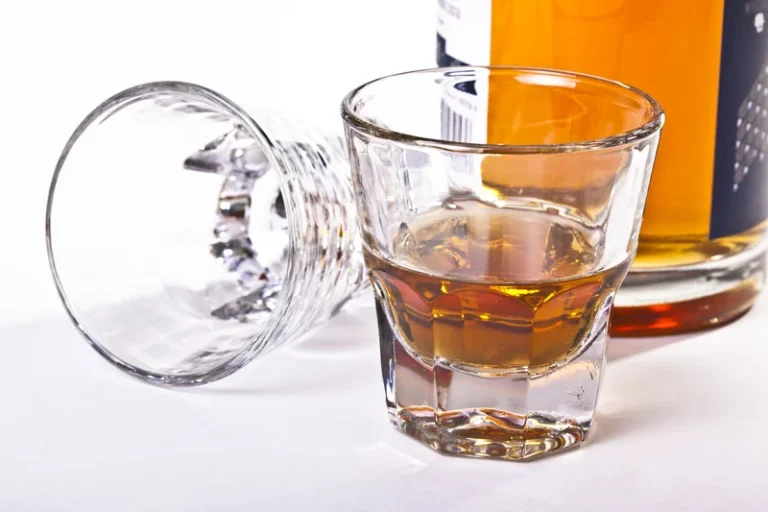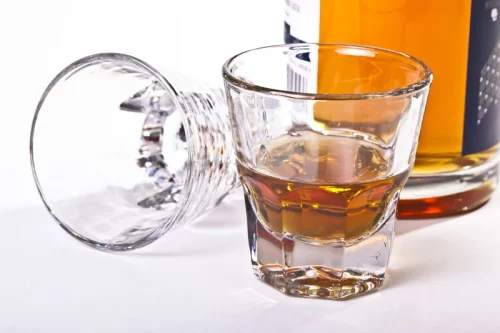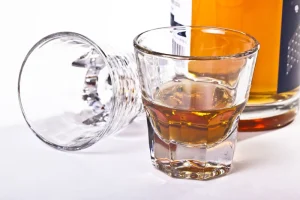
It’s important to realize you don’t have to go through the process alone. You can either detox at home with the help of loved ones or at a medical facility equipped to put you through the detox and handle any complications that may arise during the withdrawal period. The downside, however, is that you are more likely to relapse when detoxing yourself.
- Others report feelings of aggression, nervousness, restlessness, and a loss of concentration.
- Marijuana addiction occurs when the user cannot stop using the drug even though it has a negative impact on their life.
- Successful recovery often requires ongoing efforts, including behavioral therapy and support from recovery groups.
- It is a lifelong process where you always have to keep yourself in check and avoid relapse.
What Happens When You Stop Smoking Weed Timeline

However, few psychiatrists are familiar with thisintervention or its application to a range of patient behaviours. This paperdescribes contingency management and evidence of its efficacy for reducingdrug use. There are also no life-or-death dangers in quitting marijuana cold turkey or detoxing on your own. That said, consulting a medical professional can help you better manage the physical and psychological symptoms of weed withdrawal and prevent relapse.

When to Seek Help for Marijuana Withdrawal
The number of symptoms experienced by participants was significantly linked to how often and how much marijuana they smoked. Furthermore, as John C. Umhau explains, “The increased how long does weed stay in your system potency of cannabis over the years has caused more people to have significant withdrawal symptoms when they try to quit.” But even though more and more people are using marijuana and it is less addictive than other drugs, users aren’t exempt from the symptoms of withdrawal. Support groups are another way you can receive ongoing recovery treatment for marijuana abuse. There are many support groups available for those who wish to quit marijuana use.

Marijuana Anonymous Online
Individuals who are addicted to cannabis may experience symptoms of withdrawal when attempting to stop using the drug. Long-term users who try to quit report withdrawal symptoms such as irritability, sleeplessness, decreased appetite, anxiety and drug craving–all of which can make it difficult to abstain. The health impact of marijuana addiction is far-reaching and can affect various aspects of an individual’s life.
STAT Plus: What the Trump administration could mean for the health care industry, from hospitals to pharma
- Detoxing at a treatment facility provides you with structure and support throughout the process.
- High-potency forms of the drug can expose new users to increased concentrations of THC and greater risk of experiencing adverse or unpredictable reactions.
- In one study, 75.7% of participants reported an intense craving for marijuana when trying to quit.
- Some people compare it to the feeling you get when trying to quit caffeine.
- As the fog of constant marijuana use lifts, many report increased mental clarity, improved memory, and a general sense of feeling more “present” in their lives.
After smoking pot heavily for a few months or longer—whether as a regular pattern, in binges, or due to addiction—you may experience withdrawal symptoms when abruptly stopping its use. If you believe that you or a loved one may have developed a dependence on marijuana, there are various levels of treatment available. One type of treatment isn’t superior to another; it all depends on your needs and life situation. Treatment for marijuana withdrawal may be done in the initial phase of treatment at an inpatient or outpatient facility. It is also open for people struggling with substance abuse, including marijuana. The purpose of behavior therapy is to help patients address the psychological aspects of their condition.
SARDI Program Substance Abuse Resources
- If you are interested in helping out or just want to learn more, please fill out this form.
- These symptoms are typically reversible, although using products with higher THC content may increase the risk of experiencing cognitive symptoms.
- Finding ways to stay busy can help distract you from some of the unpleasant withdrawal symptoms.
- In conclusion, preventing relapse is a continuous process that requires commitment, support, and the right coping strategies.
- Data analysis suggests that marijuana use more than doubles a driver’s risk of being in an accident.
Eventually, greater understandingand awareness of contingency management may assist in bringing thisempirically based intervention into a variety of psychiatric settings andspecialty areas. When withdrawing from marijuana, you might feel extra edgy and irritable, have trouble sleeping and eating, and may even get a stomachache or headache. Some people compare it to the feeling you get when trying to quit caffeine. Similarly, though some continued mood changes are entirely normal, there is a huge difference between depressed mood secondary to withdrawal and clinical depression.

For many in recovery, helping others becomes a powerful way to maintain their own sobriety while making a positive impact. Sharing experiences and offering support to those still struggling can be incredibly rewarding. This desire to give back is a common thread in many recovery stories, including those who’ve overcome Klonopin addiction. As the fog of constant marijuana use lifts, many report increased mental clarity, improved memory, and a general sense of feeling more “present” in their lives. Physical health often improves as well, with many noting better respiratory function and increased energy levels. Developing coping mechanisms and new habits is essential for long-term recovery.
- A series of large, longitudinal studies also shows a link between marijuana and the development of psychosis.
- Understanding what it entails, its prevalence, and the impact on health is a crucial first step in the journey towards recovery.
- For many, the journey into marijuana addiction begins innocuously enough.
- Although there are currently no medications for marijuana addiction, research on the endocannabinoid system shows promise for developing effective treatments in the future.
But only those with a drinking problem may attend closed meetings or become AA members. People with problems other than alcoholism are eligible for AA membership only if they have a drinking problem. Mountainside Treatment Center is a nationally acclaimed behavioral health network specializing in individualized alcohol and drug rehabilitation programs and services. Mountainside addresses mind, body, and spirit to promote holistic healing. Preventing relapse also involves making healthy lifestyle choices, both mentally and physically.
